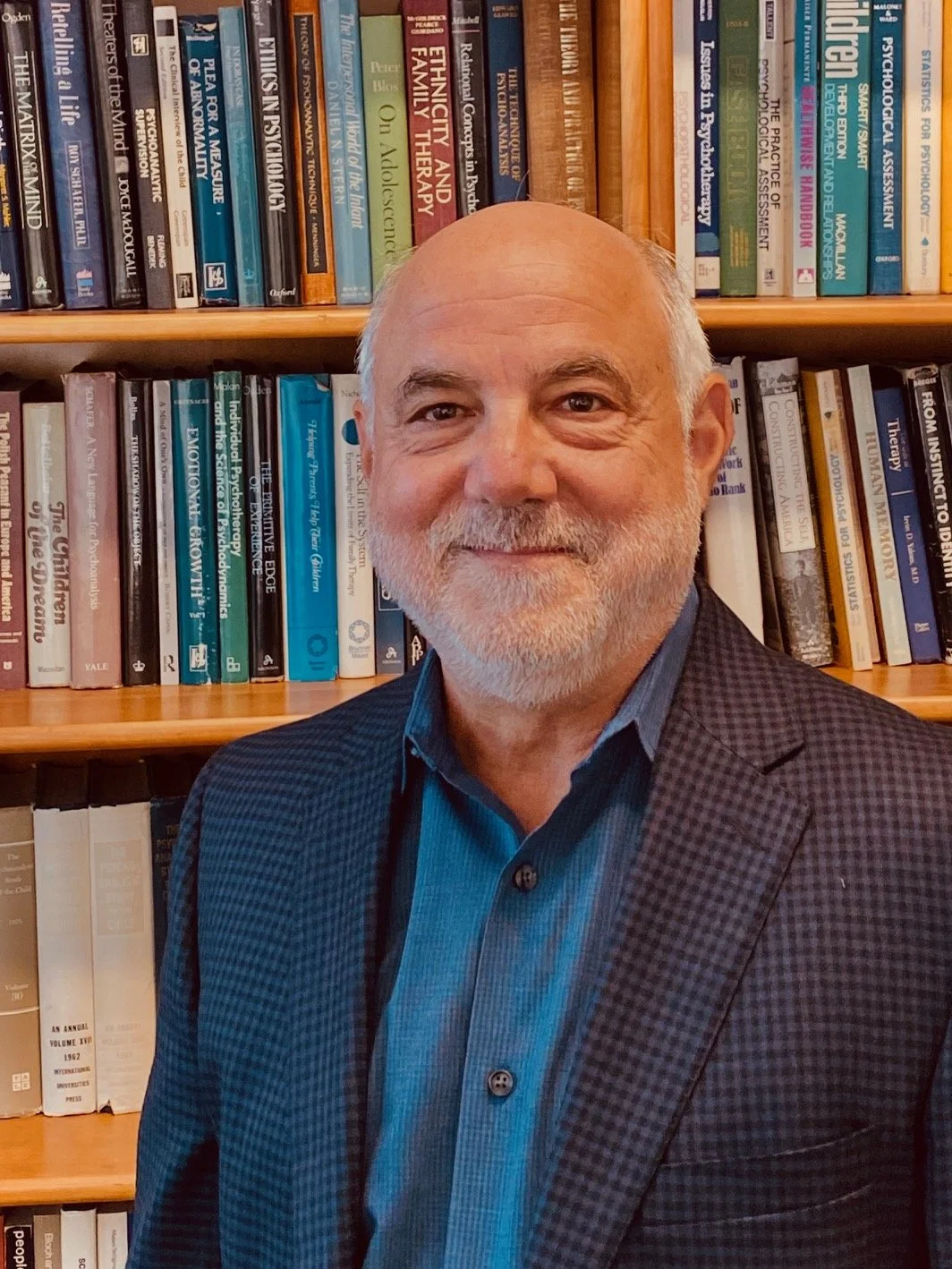Patrick Petti, Ph.D.
Licensed Clinical Psychologist
Psychotherapy and Consultation
Treatment Approach
The relief of emotional discomfort is the essential goal of psychotherapy. Most people seek psychotherapy for relief of emotional difficulties related to anxiety, depression, relationship and work difficulties. There are many practical ways of reducing anxiety, improving one’s sense of well-being that do not require psychotherapy. When however, practical solutions fall short, there may be deeper issues to uncover before more practical solutions can be practiced. In my approach, I can address both practical solutions and underlying factors that may affect you.
Throughout my career, I have worked with adults, children, families and couples. I feel that working with one group informs my approach to other groups. For example, working with children and couples better informs my work with adults and families. I tend to view mental health through the lens of interpersonal relationships, environmental influences, culture, life-span development and biology. All of these factors co-exist and interact in a way that can either promote or impede one’s mental health. Psychotherapy, in my approach is to take these factors into account, understand what factors are affecting mental health and identify ways to adapt, change or resolve conflicts. From this perspective, achieving better mental health through the practice of psychotherapy can be achieved in many different ways. It can include relief of psychological symptoms, having greater awareness of oneself and others, resolving interpersonal and intrapersonal conflict, and coping with trauma in a way that leads to personal growth.Therapeutic Goals
Self-knowledge leads to better self-efficacy. When we understand ourselves and our difficulties more deeply, we are in a better position to exercise more freedom to change our behavior, accept ourselves, resolve conflicts, and make healthier decisions in our lives. In essence, one goal of therapy is to understand one’s thoughts and feelings more fully and therefore, have more control over life’s challenges.
Psychological conflict can include interpersonal struggles with loved ones, family members, friends, or co-workers that evoke strong emotions or negatively impact our mental health. These conflicts which can be blatant or nuanced and may require the establishment of healthy interpersonal boundaries that serve to protect oneself from conflict with others. Psychotherapy can help to both establish healthy boundaries between self and others as well as resolve external conflicts with others.
People may experience difficulties with self-esteem, self-confidence or lack of self-understanding. a conflict within oneself that causes psychological distress. This type of conflict can be difficult to articulate and understand and therefore, difficult to resolve. Psychotherapy can help to both establish healthy boundaries between self and others as well as resolve internal struggles within oneself.
Psychological trauma comes in many different forms and may be experienced in different ways. Trauma can be understood as a harmful experience creating intense or conflicting emotions that can overwhelm one’s psychological equilibrium. Psychotherapy can help a person express emotions connected with the trauma, develop a better understanding and organization of the resulting emotions and eventually discover greater psychological strength and growth in overcoming the trauma.
Experience and Credentials
Thank you for visiting my practice. I am a licensed psychologist and psychotherapist with offices in Pleasanton and Oakland, California. I have been practicing for over 25 years from a generalist perspective providing psychotherapy to children, adults, families and couples for a variety of psychological issues including depression, anxiety, trauma, life changes and personal growth. I provide both in-person and remote therapy sessions.
In addition to providing psychotherapy, I conduct clinical supervision, psychological evaluations and consultation. I have served as an Associate Professor at the California School of Professional Psychology at Alliant International University in San Francisco for over 20 years where I taught various graduate courses in clinical psychology, conducted research, and served as Director of Professional Training.



